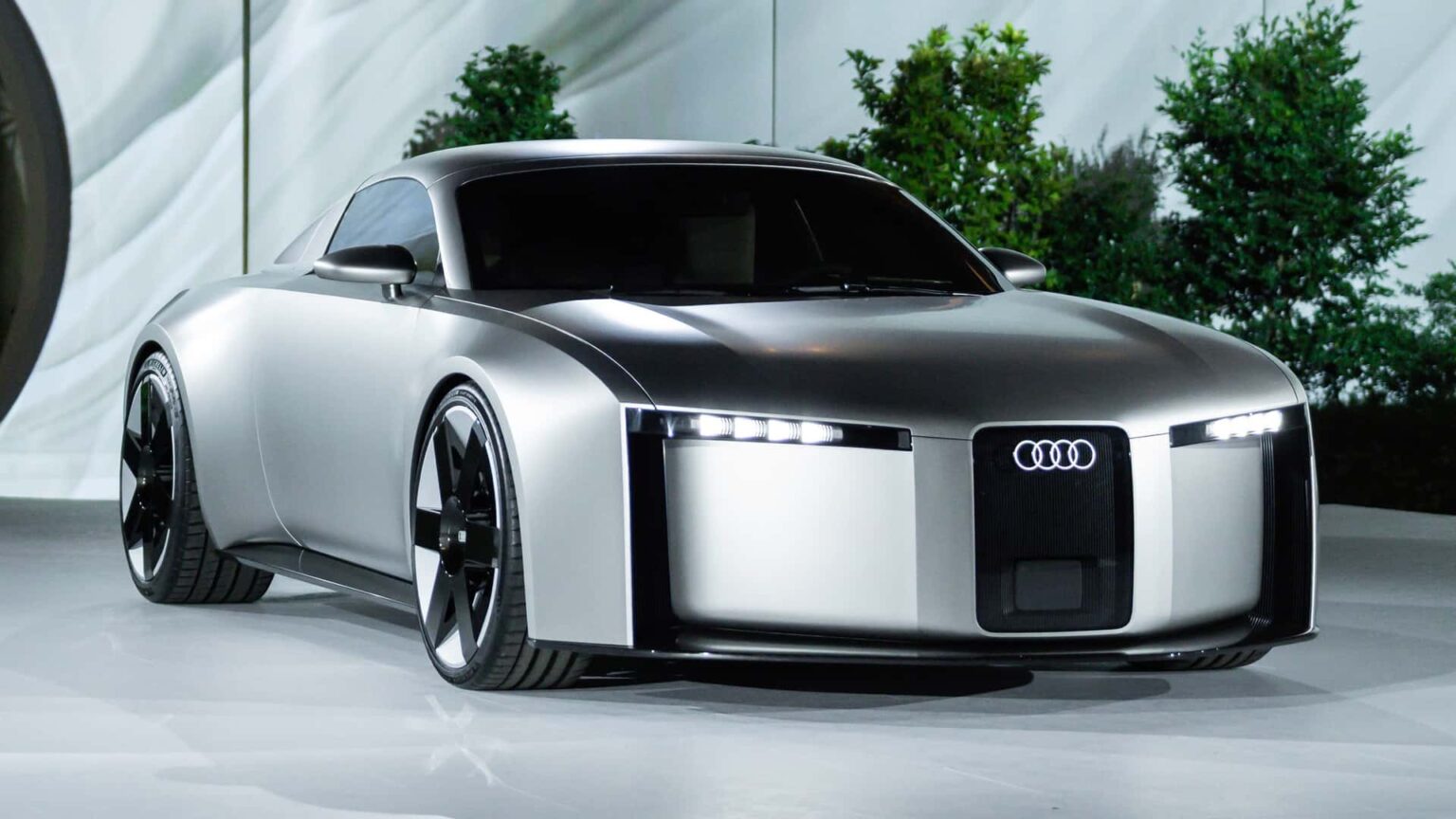Audi had planned to abandon combustion engines by 2032 and sell only electric vehicles worldwide. However, the ambitious goal announced just three years ago has already been dropped. The company now says it will remain flexible, continuing to sell combustion-engine cars for “another seven, eight, maybe 10 years,” according to a recent statement from CEO Gernot Döllner.
Despite this shift, Döllner is convinced EVs are the only viable path forward. He supports the European Union’s sales ban on new combustion cars from 2035 and dismissed calls to loosen the ban as “counterproductive” in an interview with German business magazine Wirtschaftswoche (subscription required). He argued that the constant back and forth between automakers and regulators “unsettles customers.”
Unlike BMW and Mercedes, which have openly opposed the 2035 ban, Audi takes a different stance. Döllner insists EVs are the only real solution to cut CO₂ emissions in the years ahead:
‘I don’t know of any better technology than the electric car for making progress in reducing CO₂ emissions in transport in the coming years. But even apart from climate protection, the electric car is simply the better technology.’
Photo by: Audi
European Commission President Ursula von der Leyen met with leading auto executives last Friday at the IAA Mobility Show in Munich to discuss the 2035 deadline. While the target remains unchanged, the scheduled 2026 review of the legislation has been moved up to this year, leaving room for potential changes.
Even so, it’s hard to imagine pure gasoline cars being allowed beyond 2035. A more likely outcome is approval for plug-in hybrids and range-extending EVs, where the combustion engine works solely as a generator rather than driving the wheels. The BMW i3 used it more than a decade ago, and although largely ignored in recent years, the technology is making a comeback.
Volkswagen Group, Audi’s parent company, is already developing a new platform that supports ICE use as a generator. The Scalable Systems Platform (SSP) will be available in eight variations across multiple segments, with reports suggesting that Audi could spearhead its rollout in Europe with an electric A4 in a couple of years.
So why did Audi retreat from its all-electric commitment? Although global demand for EVs continues to grow, the Four Rings have struggled. Deliveries fell 7.8 percent last year to 164,480 units. Cars without a combustion engine had only a 9.7 percent share in total deliveries last year, so there’s a long way to go until Audi can let go of ICE. While a single weak year likely wasn’t the deciding factor, it raises doubts compared to 2022, when Audi first announced its plan to go fully electric.
As part of the VW empire, Audi has the flexibility to offer gas, plug-in hybrid, and electric models. For now, combustion engines remain the backbone of its lineup, enjoying a much higher popularity and bigger profit margins than electric cars. With the ICE vehicles it sells today, it can fund the EVs of tomorrow.
Source:
WirtschaftsWoche (subscription required)
Read the full article here



